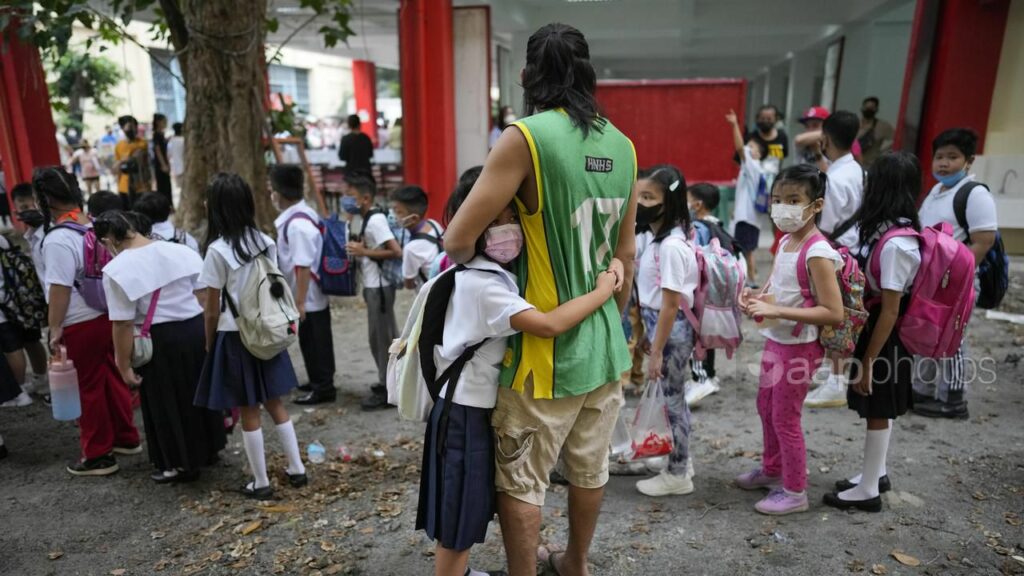Global COVID-19 deaths drop 15 pct: WHO
|

Geneva
The number of coronavirus deaths reported worldwide fell by 15 per cent in the past week while new infections dropped by nine per cent, the World Health Organisation says.
In its latest weekly assessment of the COVID-19 pandemic, the United Nations health agency said there were 5.3 million new cases and more than 14,000 deaths reported last week.
The WHO said the number of new infections declined in every world region except the western Pacific.
Deaths jumped by more than 183 per cent in Africa but fell by nearly a third in Europe and by 15 per cent in the Americas.
Still, the WHO warned that COVID-19 numbers are likely severely underestimated as many countries have dropped their testing and surveillance protocols to monitor the virus, meaning that there are far fewer cases being detected.
The WHO said the predominant COVID-19 variant worldwide is Omicron subvariant BA.5, which accounts for more than 70 per cent of virus sequences shared with the world’s biggest public viral database.
Omicron variants account for 99 per cent of all sequences reported in the last month.
Earlier this week, Pfizer asked US regulators to authorise its combination COVID-19 vaccine that adds protection against the newest Omicron relatives, BA.4 and BA.5, a key step towards opening a northern hemisphere autumn booster campaign.
The US Food and Drug Administration had ordered vaccine makers to tweak their shots to target BA.4 and BA.5, which are better than ever at dodging immunity from earlier vaccination or infection.
Meanwhile, in the United Kingdom, regulators authorised a version of Moderna’s updated COVID-19 vaccine last week that includes protection against the earlier Omicron subvariant BA.1.
UK officials will offer it to people aged 50 and over beginning next month.
In Germany, Chancellor Olaf Scholz’s cabinet approved legislation on Wednesday that ensures basic protective measures against the coronavirus pandemic are continued during the autumn and winter, when more virus cases are expected.
Meanwhile, in the Philippines, millions of students wearing face masks streamed back to primary and secondary schools across the country on Monday for their first in-person classes after two years of coronavirus lockdowns.
Officials had grappled with daunting problems, including classroom shortages, lingering COVID-19 fears, an approaching storm and quake-damaged school buildings in the country’s north, to welcome back nearly 28 million students who enrolled for the school year.



